Problems Spaying and Castrating Dogs
Spaying, Castration (Neutering) Dogs Overview
Research published in late 2016 by BMC Veterinary Research has shown that neutering at any age can cause major health issues, and many of these health issues are shortening our dogs’ lives. Other research has been published using more than 7,500 dogs by the College of Veterinary Medicine at the University of Minnesota that shows that behavioural issues especially aggression and reactive behaviour is often caused by neutering. This article offers a viable alternative. that does not require the removal of the vital hormones needed for the body to function correctly. See chart at bottom of page

It may appear I am against neutering (the generic term for castration and spaying).
In reality, I am not against neutering as long as it is for the right reasons. for the right dog at the right time
I am totally against neutering dogs for the wrong reason, to the wrong dog, at the wrong age and at the wrong time
The wholesale belief that all dogs will benefit from being spayed or castrated is a dangerous and unscientific lie.
Advice is often given by the very people that make a very fat profit from these procedures. The Vets. I am often amazed at the ignorance of these veterinary professionals who insist you neuter your dogs as early as possible. Paediatric neutering, which is neutering before both social and physical maturity is the worst offender causing numerous medical and behavioural problems as the dog matures.
They appear not to realise or understand the importance of the hormones they remove by this procedure and the long-term consequences of their actions? Lack of attention, aggression, fear and timidity, and numerous medical problems are just the tip of the iceberg.
I believe it is time for a major rethink of this once august institution and what they teach these new veterinarians, they also need to retrain and educate the existing ones. But first, they must read and understand the empirical evidence coming from numerous research projects, that point to the fact that traditional spay and castration are wrong on many levels,
The Three Hormones That are Either Reduced or Removed by Spaying and Castration are:
OESTROGEN: An extremely powerful female sex hormone that regulates many aspects of our life. This hormone plays a vital role in mental and physical health. It is also present to a lesser extent in male dogs. There are oestrogen receptors in bones, the brain, blood vessels, and the central nervous system. It affects so many different parts of the body and is also vitally important to mood and well-being. It also keeps bones strong and healthy.
PROGESTERONE: One of the female sex hormones also produced by the ovaries, also in the adrenal glands in male dogs. It aids immunity and can reduce inflammation and swelling; it also helps regulate the thyroid gland and keeps blood-clotting levels at normal value. It has also been linked to forming social bonds in humans and animals.
TESTOSTERONE: This is seen predominately as a male hormone. However, females produce small amounts of it in their ovaries. A link between diabetes and low testosterone is well established, as is the onset of obesity and poor muscle tone leading to apathetic behaviour.
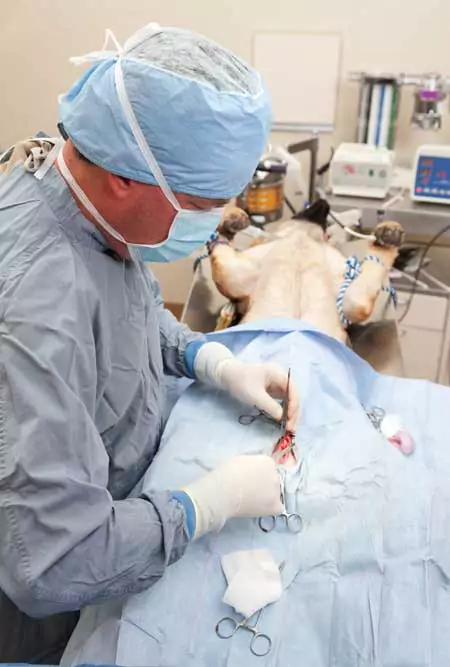
Paediatric Neutering: This type of neutering is probably the worst procedure for any animal or human.
Neutering dogs before maturity are known to cause life-threatening endocrine (glands) disorders, bone and joint disorders, behavioural problems, cancer, and hip and ligament disease.
The endocrine system is a network of glands that produce and release hormones that help control many important body functions, including the body’s ability to change calories into energy that powers cells and organs.
The endocrine system influences how your heart beats, and how your bones and tissues grow. It plays a vital role in whether or not you develop endocrine problems culminating in diabetes, thyroid disease, Cushing’s, growth disorders, and a whole host of other hormone-related conditions.
Another problem encountered is a high sensitivity to sound especially when neutered before maturity. This can have a very negative effect on all dogs and can result in aggression and an inability to train with training aids like a whistle, clicker or a jingler.
Vets are badgering their patients to neuter as early as possible. However, there is an enormous swathe of scientific information that flies in the face of this ridiculous recommendation. I would not mind if they understood the consequences, but they don’t. They appear ignorant of the impact early neutering is having on millions of our pets.
I would prefer the advice from someone who was not making a fat profit from recommending these often disastrous procedures. That is why we have research and ongoing knowledge up[dates to make sure we are making the right decisions.
(1) Early Neutering: Read this from a Vet that was convinced early neutering was good for her clients until she realised a few years down the line that many of her clients were becoming very ill. Every Vet should see this.
I would like every vet in the World to listen and understand just what harm you are doing with these procedures, but I will not hold my breath Read my article. (2) How To Ruin Your Dogs Life.
(3) Frontiers in Veterinary Science. research on spaying and castration. Proving that neutering causes various types of aggression, fear and timidity and reactivity in neutered dogs. 7600 dogs were involved in this research. half were neutered and half were left intact. The results will shock you.
Hormones are not optional extras, like a satnav in a car. Nature put these hormones there for a very important reason. They are vital to both physical and social maturity. Without them, dogs can get severe behavioural and physical problems later in life. Read my article (4) Neutering in Depth if you want to learn more.
Aggression: This is the main reason neutering is recommended. Yet the main cause of aggression is fear-based. Neutering will always make it worse, these hormones are serotonin uplifters and testosterone is a confidence booster. Removing them from nervous aggressive dogs can only worsen the problem.
Aggression is one of the main reasons dogs are euthanised. Just understanding the fact that neutering increases aggression should at least set alarm bells ringing in every vet and rescue centre in the UK. But it won’t change what they do, who is going to kill the goose that laid the golden eggs?

Fear and Timidity: Fearful and timid dogs are on the rise. It is the main reason for aggression
It can be caused by a number of factors such as genetics or lack of socialisation during the first weeks of life.
However, one of the main reasons for this debilitating problem is neutering.
This is especially the case when you have a fearful or timid dog.
Spaying or castrating a dog like this can often make the fear behaviour considerably worse. The sex hormones and especially testosterone and oestrogen, play a major part in giving dogs an element of calmness, confidence, and well-being.
I have seen male dogs that have previously been non-aggressive, suddenly start to attack other dogs and people. These attacks are normally aimed at both male and female dogs.
Some male and female dogs become withdrawn and terrified of almost everything. Fearful of sounds and movements and sometimes people and dogs they have known and trusted.
I treated a female St Bernard. dog, It had to be brought out to me on two leads and a muzzle, with two people hanging on. She had turned so aggressive to both dogs and humans within five days of being spayed that they thought she would have to be put down.
She had also started attacking and bullying a Poodle that it had lived with since it was a pup. Fortunately, I managed to work with the dog and it is far better now. I have also had a lot of success with many other females that have reacted badly to spaying. Unfortunately, I have now retired from one-to-one appointments.
What Are The Alternatives?: Why don’t we recommend a Vasectomy for male dogs and either Tubal Ligation or Hysterectomy for female dogs? Allowing the testicles and the ovaries to remain, thereby retaining these three vital hormones. It is called sterilisation. It is what we do to humans so that they do not get severe medical and psychological problems. That begs the question why are we doing it to our dogs.
This is such a simple procedure, with the required result of removing the ability of females to become pregnant and males to impregnate females. Tubal Ligation does not stop seasons or bleeding, However, with a Hysterectomy, if the cervix is removed at the same time it prevents pyometra, pregnancy, and bleeding during seasons.
With a Vasectomy, male dogs cannot create sperm, which is a far better outcome than the highly invasive operation of Castration and Ovariohysterectomy which reduces or removes these absolutely vital hormones.
Surely this is a no-brainer. So why are Vets and The BVA not recommending these procedures? Given the published results of the intensive study and research using more than 7,500 dogs by the College of Veterinary Medicine at the University of Minnesota. You would have thought they would have rethought this outdated and frankly dangerous strategy through and stopped these procedures excerpt for medical reasons.
This in-depth research showed that in almost every case the neutered dogs were more reactive, moody, hypersensitive, and aggressive than the intact ones. The very opposite of what we are told is the normal outcome. Think long and hard about neutering your dogs at whatever age, but especially until your dogs have reached both physical and psychological maturity.
Research published in 2016 by (6) BMC Veterinary Research has shown scientifically proven health risks. A quick glance at the chart below under the video will give you a quick overview of just some of the medical diseases that are caused by neutering both male and female dogs. It is terrifying. The only positive is the figures for pyometra. As it was published two years ago your Vet should be aware of this
(5) The RSPCA and some breeders are neutering dogs as young as six weeks. That is just wrong just anyway you think about it. Dogs are still learning vital lessons from their mother at that age and need to stay constantly near the mother at that time. Some are still not fully weaned and most important of all they need those vital hormones for both physical and mental growth and maturity. See the Vet in the video and the chart of ailments spay and castration causes below.
I have also written an article after reading that the Kennel Club had started the largest survey of its kind in 2014 culminating in the release of dog’s lifespan information in the back end of 2016.
It covered 191 breeds and in total 48,891 dogs were involved in the survey. Obviously, they were all pedigree dogs as currently the KC only deals with pedigree certification. Given the level of health screening done by many of the breeders of pedigree dogs,
it is probably prudent to suggest that mongrels and designer crossbreeds may have even worse statistics. What the survey found was that the average lifespan of a dog has come down from 11 years to ten years in just a decade a drop of 11%. So I researched and wrote an article on what I believe are the three main reasons for this shocking statistic (7) Why Are Our Dogs Dying 11% Earlier Than 10 Years Ago
As a postscript, The verb for castration is “to deprive of strength or vigour”.
Ask yourself this. Would we do this to our children? If the answer is no, then why are we doing it to our dogs?
Just some of the diseases neutering increases sometimes dramatically. Did your Vet warn you of these?
| Disease | Intact females | Neutered females | Intact males | Neutered males | Percent in study population |
|---|---|---|---|---|---|
| Atopic Dermatitis (ATOP) | 83 | 745 | 169 | 641 | 1.82 |
| Autoimmune Hemolytic Anemia (AIHA) | 38 | 256 | 38 | 176 | 0.56 |
| Canine Myasthenia Gravis (CMG) | 11 | 49 | 6 | 38 | 0.12 |
| Colitis (COL) | 61 | 267 | 109 | 256 | 0.77 |
| Hypoadrenocorticism (ADD) | 25 | 147 | 20 | 113 | 0.34 |
| Hypothyroidism (HYPO) | 62 | 750 | 210 | 678 | 1.89 |
| Immune-Mediated Polyarthritis (IMPA) | 24 | 170 | 56 | 141 | 0.43 |
| Immune-Mediated Thrombocytopenia (ITP) | 21 | 262 | 29 | 151 | 0.51 |
| Inflammatory Bowel Disease (IBD) | 20 | 189 | 46 | 167 | 0.47 |
| Lupus Erythematosus (LUP) | 6 | 74 | 30 | 47 | 0.17 |
| Pemphigus Complex (PEMC) | 13 | 71 | 11 | 55 | 0.17 |
| Pyometra (PYO) | 176 | 27 | NA | NA | 0.44 |
©Stan Rawlinson February 2017
See the video below where Dr Karen Becker describes the horror of what she had done by Paediatric Neutering.
© Stan Rawlinson Dog Behaviourist and Obedience Trainer written July 2015 updated January 2019.
(1) Early Neutering. This Vet now deeply regrets performing and recommending
(2) How To Ruin Your Dogs Life. Another of my articles gives a slightly different perspective.
(3) Frontiers in Veterinary Science More research show Vets are not up to date
(4) Neutering in Depth. My article gives far more information than this overview.
(5) Neutering at Six Weeks. The RSPCA and some Breeders are neutering at six weeks of age
(6) BMC Veterinary Research Scientific proof of the harm that neutering is causing to our dogs


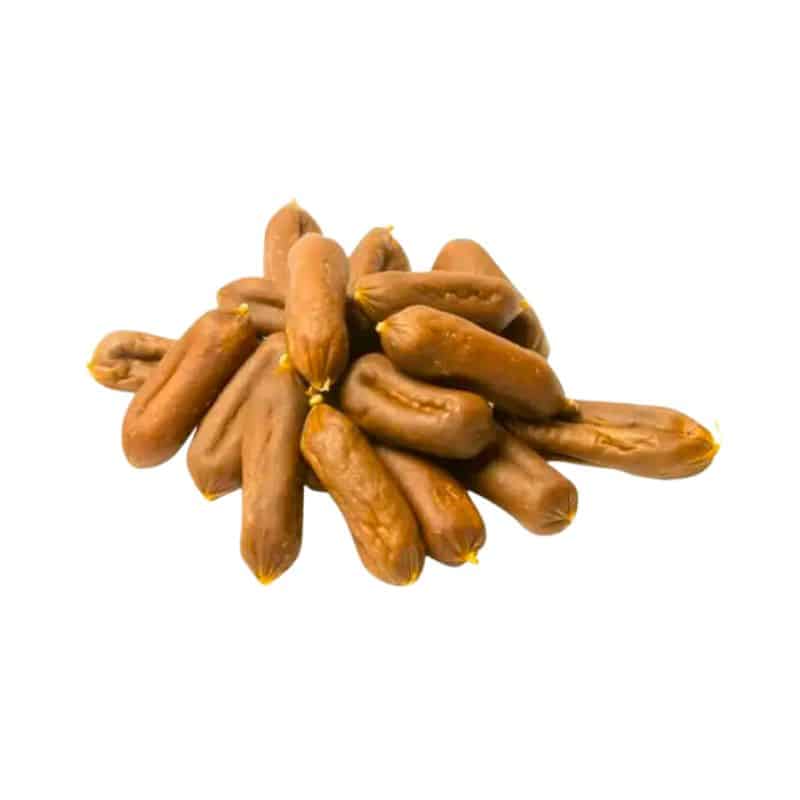
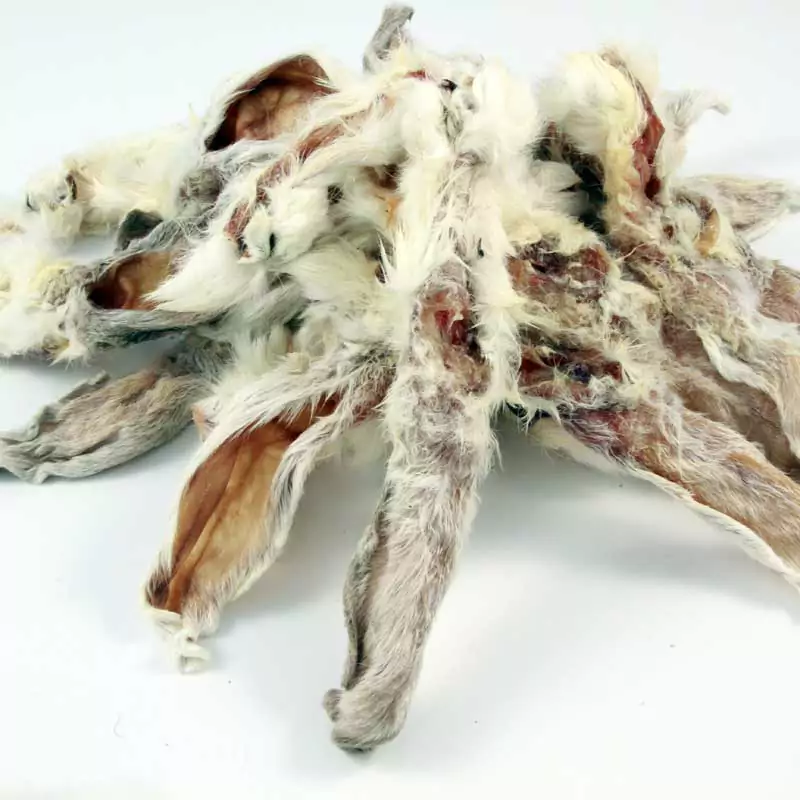
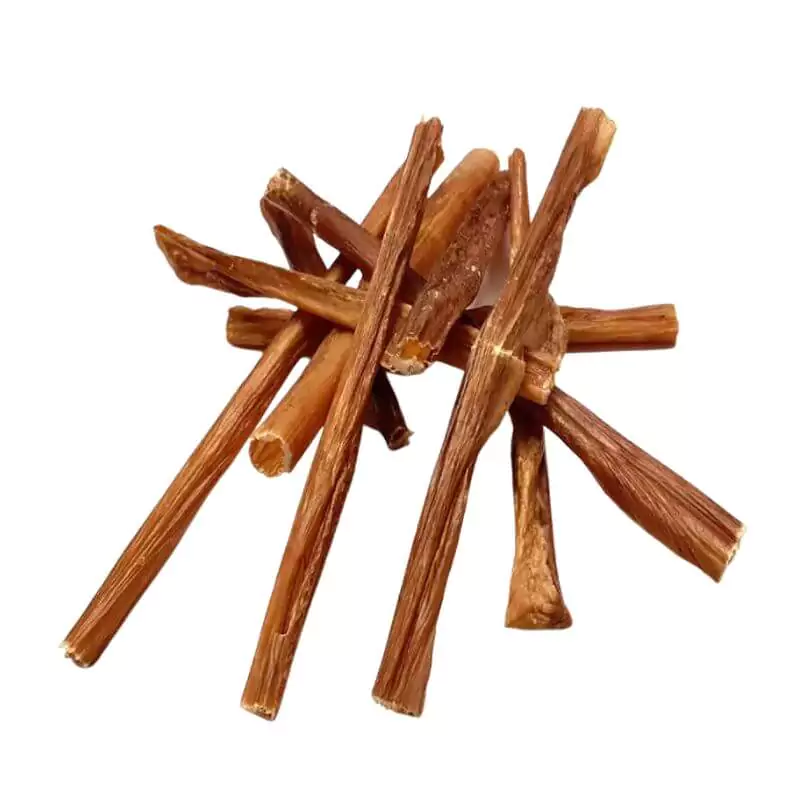
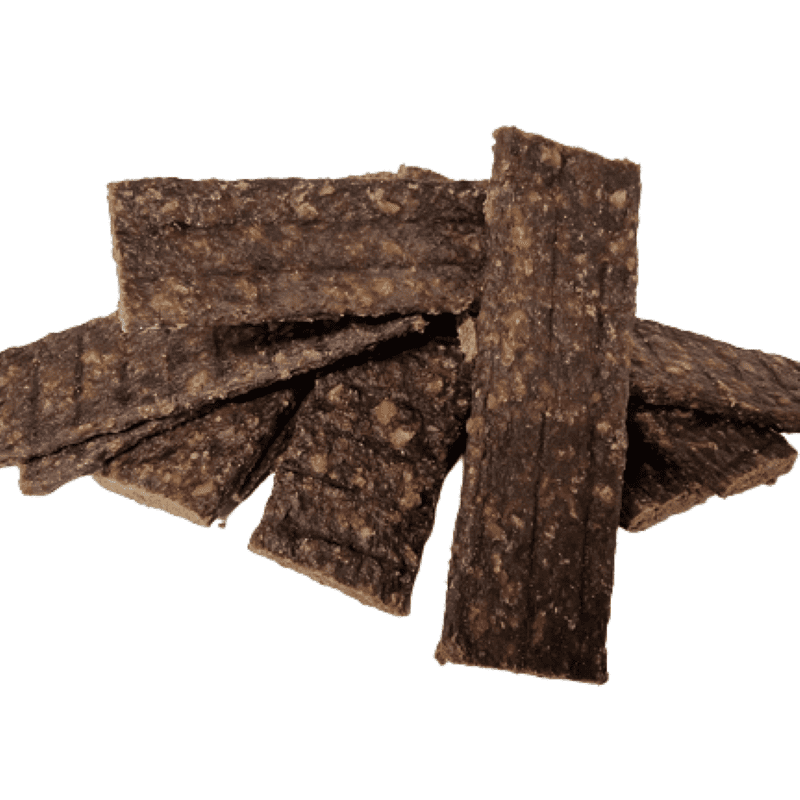
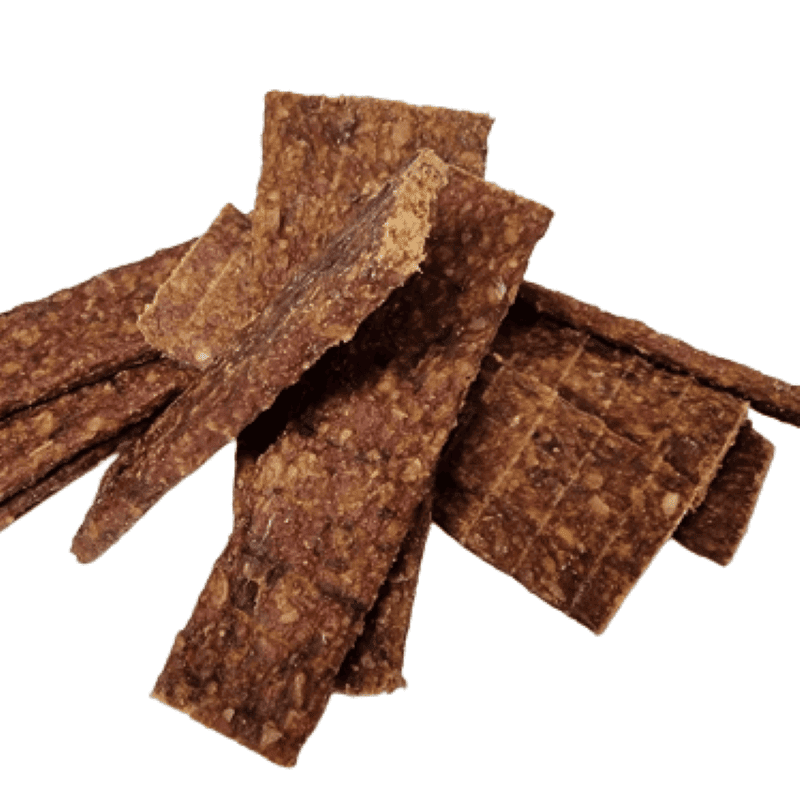
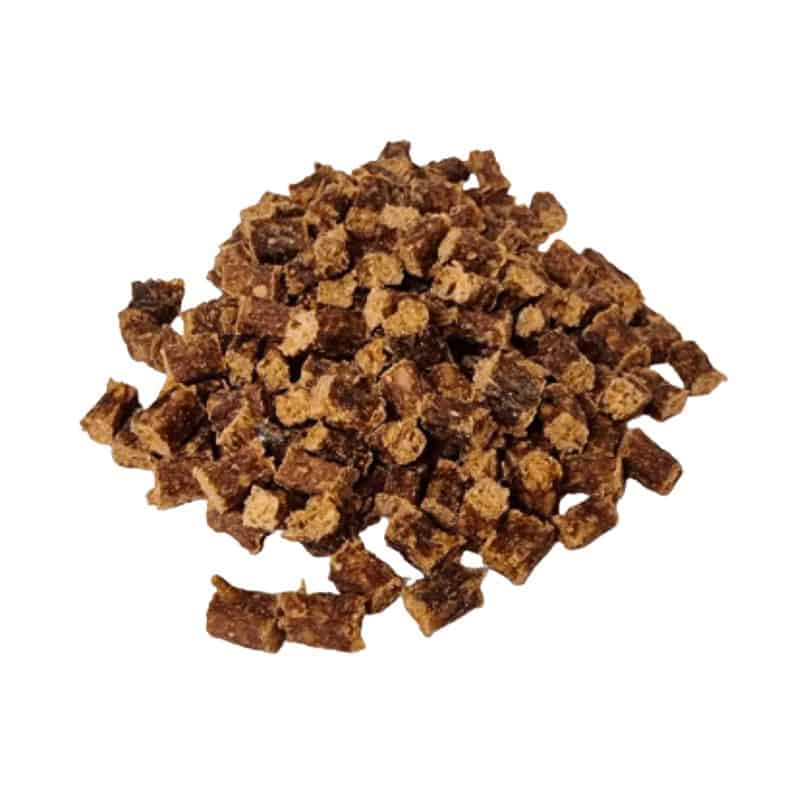


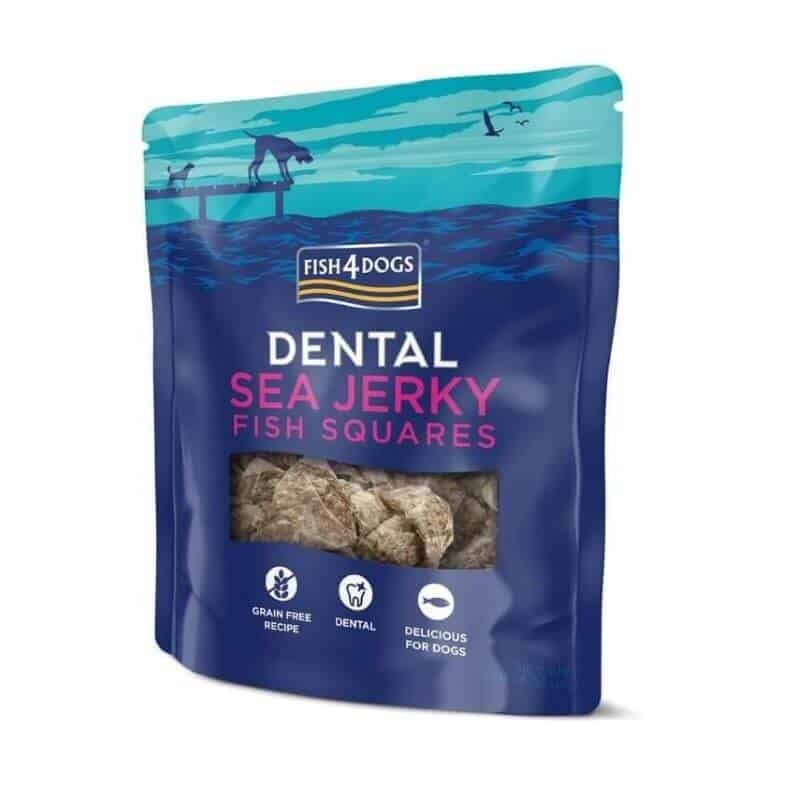
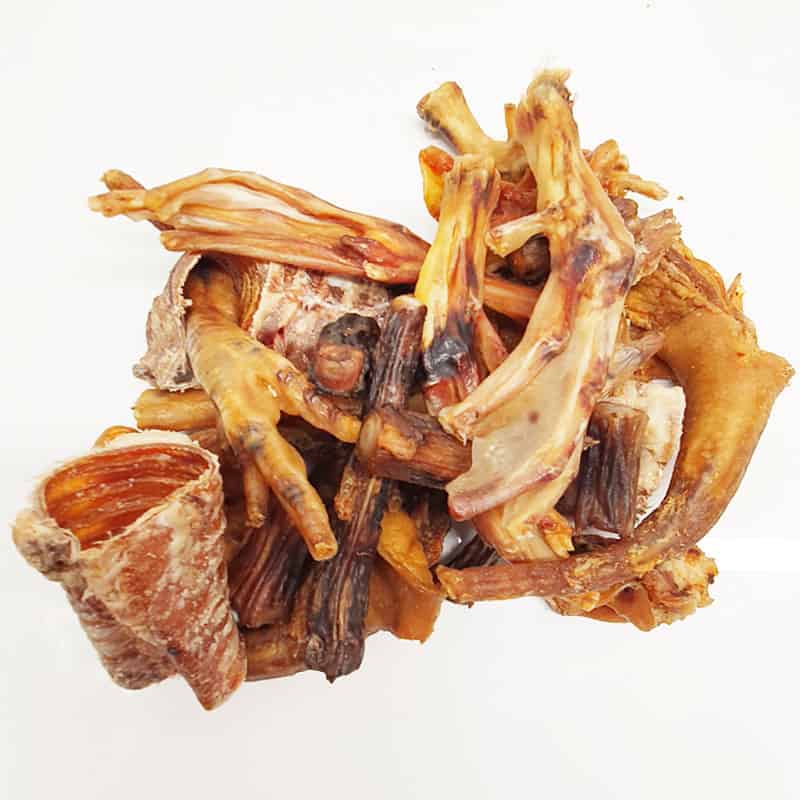
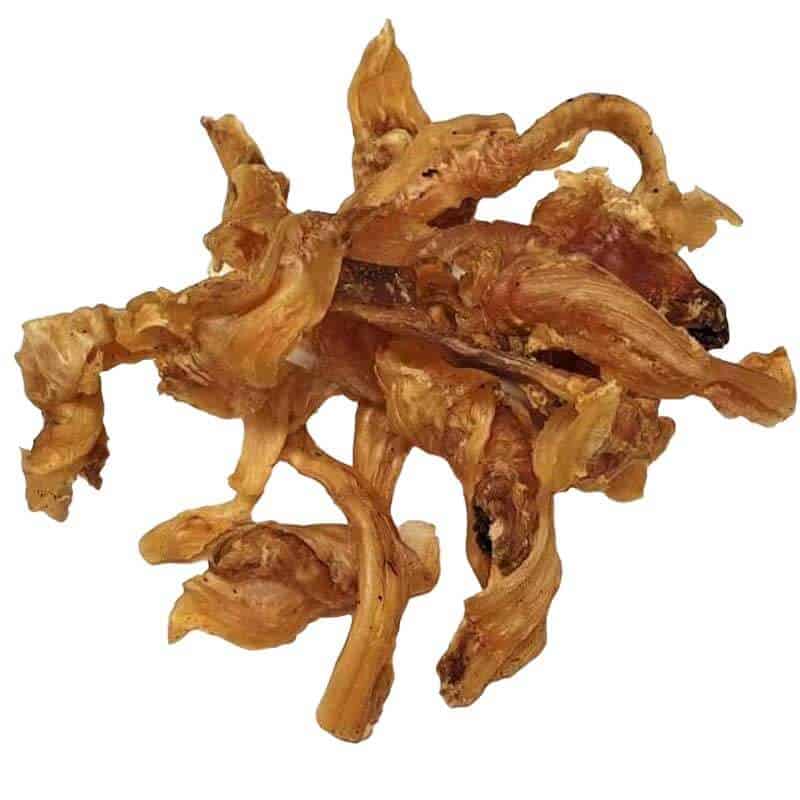



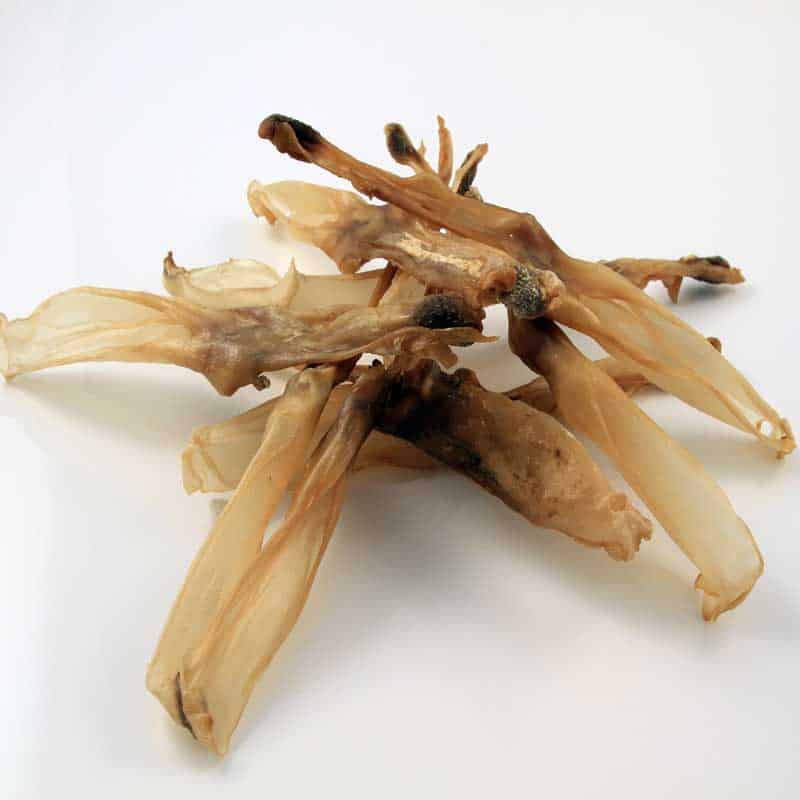

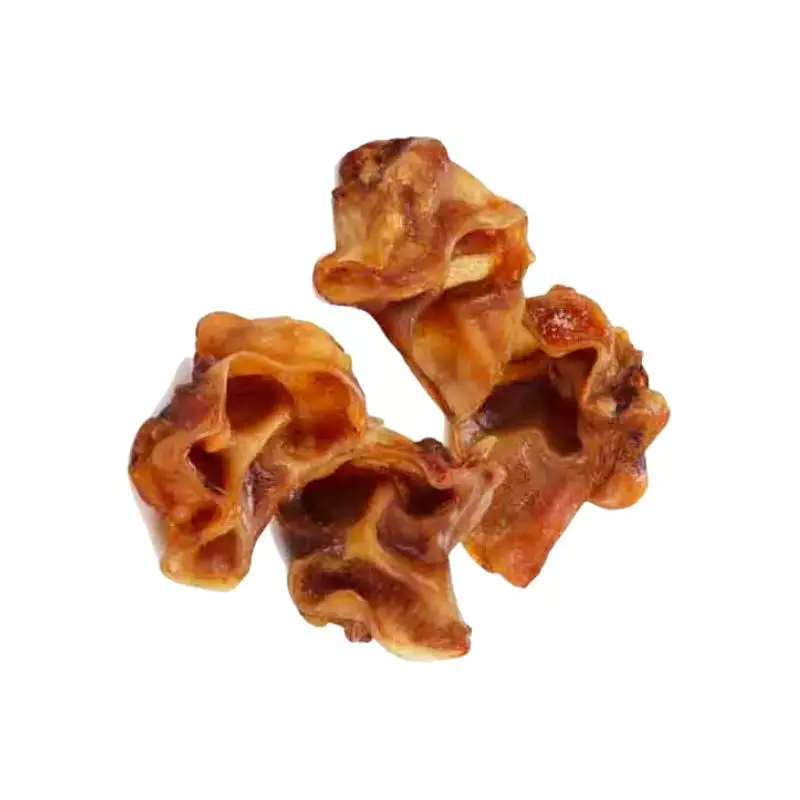
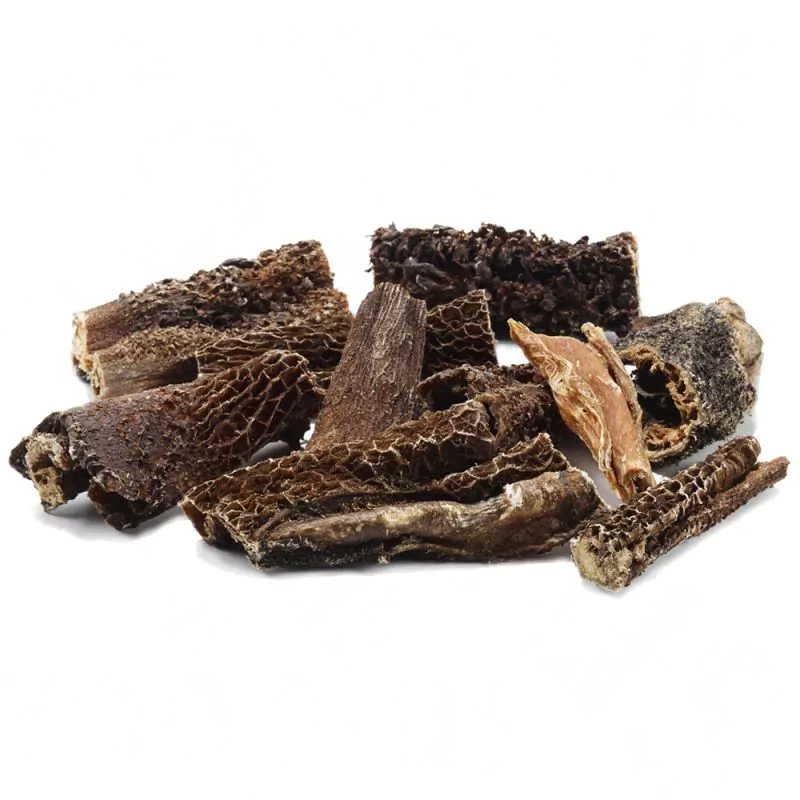
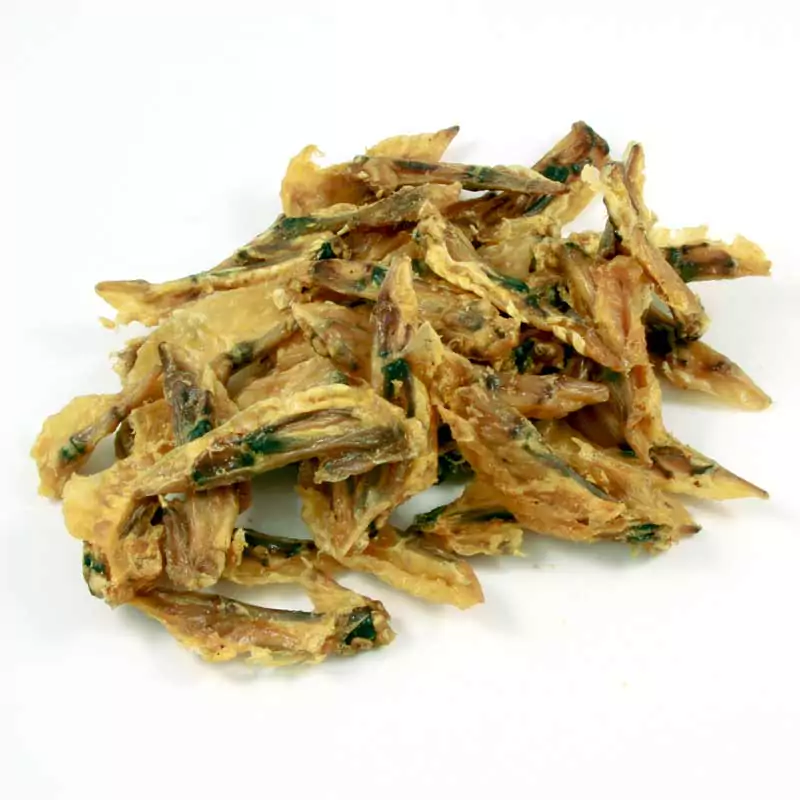


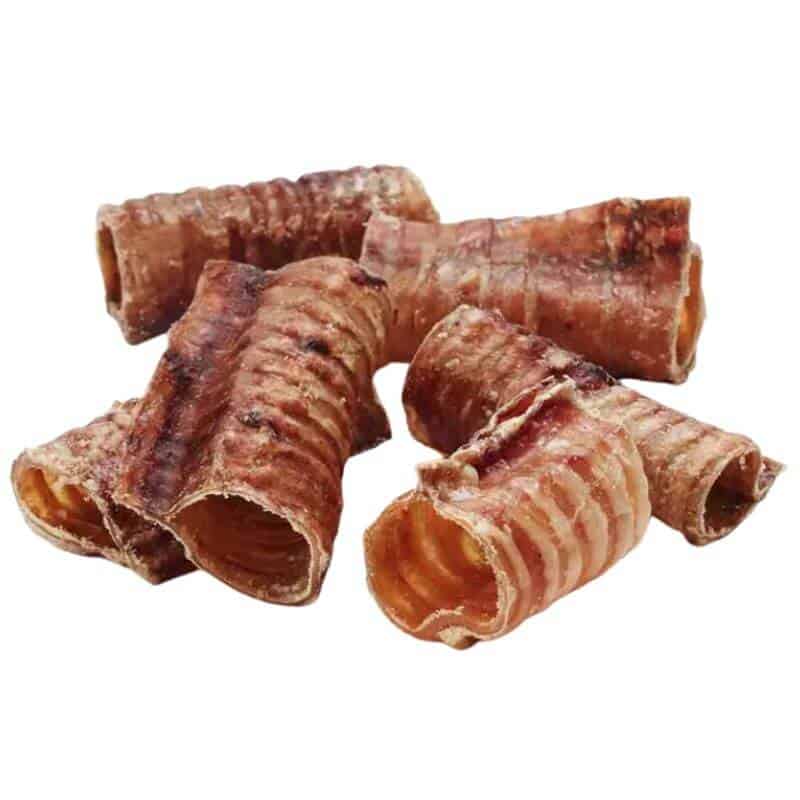

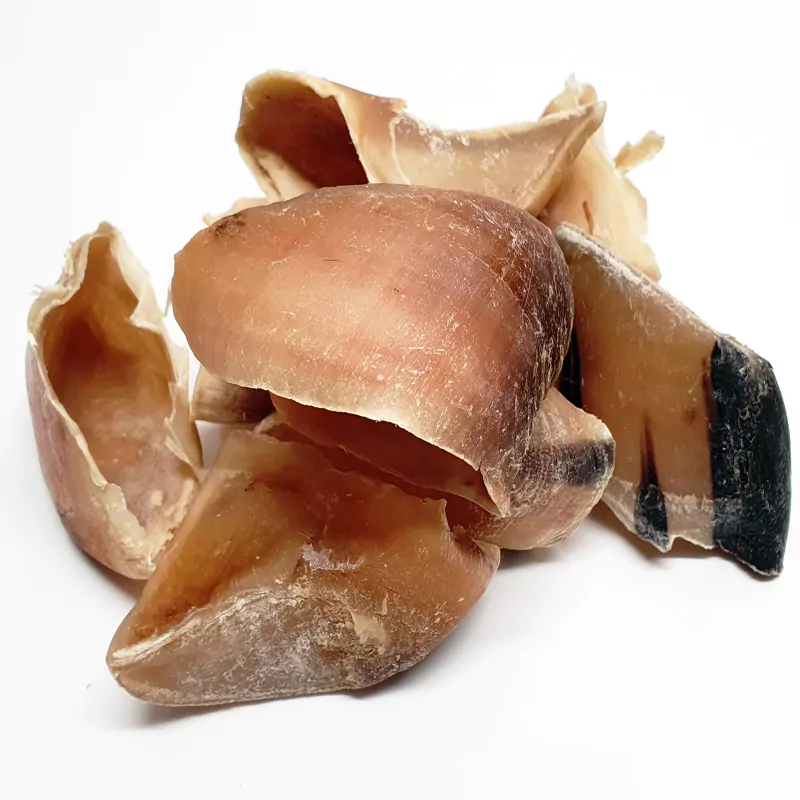


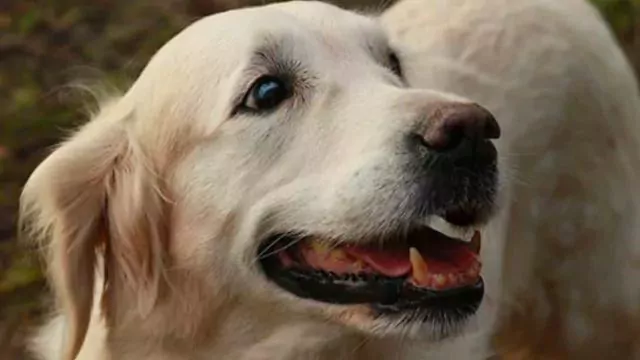



Comments (23)
Chemical Castration
I have a 3.5 year old Caverahon, (mother cavershon, father springer spaniel). He was a friendly pup, right up until we had his microchip. The vet held him and he screamed/yelped like I’d never heard before. The vet instantly said ‘not sure I should have done that’ since that day, he not go near another human, he backs off, hides, runs away. He only allows myself & my husband to touch him. We have worked with a dog whisperer, dog phycologist & dog trainer to try and help. A small fortune of nearly £3,500 hasn’t worked and we are stuck!!
The only time he has been aggressive is when our usual vet was away and we had to see someone else, she didn’t read his notes and wasn’t listening to what I was telling her. She thought she could over rule him. She approached him from over his head and it frightened him, she went to touch him and he growled. She made me muzzle him, well he wet himself, his glands burst and she was abrupt with him. i had to tell her twice to leave him before I had to shout at her to move away from him.
Sorry for the long explanation, what I’d like to know is, do you think chemical castration to see how he gets on is an option or we just leave it?
Thank you for reading.
Kris :)
I think you may be wasting your time and your money
I think you are wasting your time and money on a chemical castration. You are aware that this dog is very fearful removing vital hormones will only make it far worse. As i state in the article the main cause of aggression is fear based. Neutering will always make it worse, these hormones are serotonin uplifters and testosterone is a confidence booster. Removing them for nervous aggressive dogs can only worsen the problem.
I am not sure the total problem was the microchipping. If it is then you should be able to gradually desensitise your dog to contact to humans. However, if this dog was not handled or met a 100 people including children and old people then he may feel threatened by strangers and that is far more difficult to put right. 0 to 12 weeks is the human socialisation period ignore that at your peril. Read Puppy Socialisation
Problems spaying and castrating dogs
I don’t like anything that is invasive. Vaccines are poison. I have done a lot of research on that. Implantation of rfid’s? Don’t get me started. I don’t like spaying and neutering, except my previous experiences keep gnawing at me.
My first dog was not neutered, and he was a slave to his sexual urges. He would try to find a way to escape from the house when he smelled a female in heat. He got out quite a few times, and once tore open a screen door to get into someone else’s house to reach the female. It also resulted in his death, after he escaped and we later found him, transported him to a vet, and he died of a ruptured diaphragm.
I resisted neutering my second male dog, even though I was onboard for spaying the females (a more invasive surgery). He was fine until 13 years old, and I was told that the tumors he developed were because he wasn’t neutered. I don’t know about that.
I rescued some others in between, but the third un-neutered male dog that I rescued, I tried to keep him intact, but when I rescued a female, and she came into heat, he became impossible. He was over-the-top territorial, and when he couldn’t reach the female, he was climbing my legs, and humping, and out of control with it. I couldn’t walk down the hallway without being accosted and humped, and trying to scrape him off.
And then there is the fact that puppies and kittens are being born, with no place for them, except some kind of hell, and then execution.
What is the answer?
Did You Read The Article?
The article explains the alternatives. I do not understand this whole dogs escaping bit and humping why does it never happen to me as all my dogs are intact. I have 3 females and 3 males.
If you own dogs then you must make sure they are in a safe escape-proof area. Over a period of nearly fifty years, I have owned dozens of unneutered dogs and never had these problems. Not once, If he is humping then he does not respect you. He knows you are not a dog, therefore, the humping is controlled complex behaviour not a sexual act. His hormones did not result in his death the fact he was able to escape did.
There is enough scientific information out there that says neutering causes tumours and lots of other things. The person that told you the tumours were caused by him being intact was either ignorant or a liar unless the tumours were on his testicles.
This is a chart that shows what neutering can do and this is just some of the medical problems and does not touch the behavioural complications. What is wrong with a hysterectomy or tubal ligation in female dogs and a Vasectomy in male dogs? It is called sterilisation.
Disease
Intact females
Neutered females
Intact males
Neutered males
Percent in study population
Atopic Dermatitis (ATOP)
83
745
169
641
1.82
Autoimmune Hemolytic Anemia (AIHA)
38
256
38
176
0.56
Canine Myasthenia Gravis (CMG)
11
49
6
38
0.12
Colitis (COL)
61
267
109
256
0.77
Hypoadrenocorticism (ADD)
25
147
20
113
0.34
Hypothyroidism (HYPO)
62
750
210
678
1.89
Immune-Mediated Polyarthritis (IMPA)
24
170
56
141
0.43
Immune-Mediated Thrombocytopenia (ITP)
21
262
29
151
0.51
Inflammatory Bowel Disease (IBD)
20
189
46
167
0.47
Lupus Erythematosus (LUP)
6
74
30
47
0.17
Pemphigus Complex (PEMC)
13
71
11
55
0.17
Pyometra (PYO)
176
27
NA
NA
0.44
Alternative to castration please
Can you help with a list of vets who will perform a vasectomy in a dog please. Google is only showing vets that castrate and I cannot find any vets in the northwest who will do a vasectomy instead of a castration
Being attacked for being intact!
Hi Stan, really interesting article. We were holding off from castrating our Border collie until he started getting attacked; it was almost as if every male dog knew he was in tact and attacked him. It was only because of this and the fact that he started to chase female dogs on heat, that we took the decision following the vets recommendation to castrate him he was about 4 1/2 years old. Sadly, we lost him earlier this year at 14. And we now have a wiggly little puppy of nine weeks. Question : what if a similar situation arises? The castration in our old collie did work in that he was no longer attacked and he stopped chasing females. I would appreciate your thoughts.
Being attacked For Being Intact
Every male dog did know he was intact, his scent and urine would make that abundantly clear. One of the main reason male dogs are bothered by other male dogs is paediatric neutering. It can make the dog smell like a bitch in heat.
In your case, it was because he was intact and he must have given other signals as well either aggressive or faulty body language, the fact he was intact and perhaps giving off the wrong signals may have been the trigger. Neutering would have taken one aspect away and it sorted it out.
Make sure your puppy is mixed with as many other puppies before he is 16 weeks of age. 16 weeks is the Canine Socialisation Period. Puppies do not learn canine communication from adult dogs only from the rough and tumble play that puppies do, this is where many owners make the mistake that they only need to socialise with adult dogs. Pups learn bite inhibition and body language from this play and are able to communicate their feeling and manner far easier with these skills.
Castration for BPH in a senior dog
Appy, an abandoned Spitz breed was adopted at a age of 6-7 years. At the time of adoption it had a deep maggot infested wound around the base of its tail. Due medical procedures were followed by us and duly cleaned daily until it healed. However, a year later it was diagnosed with BPH and vet suggested neutering. I suggested vasectomy as I was also concerned as right above the BPH area was the base of the tail where it had a maggot infested wound a year earlier. I have not come across any vet practicing homeopathy here or in my home city, Delhi. However, the vets stuck to their guns and my beloved Appy had to undergo neutering. As I worried a month or two later it could not walk without rear sling support and soon crossed The Rainbow Bridge. Of course the veterinary fraternity covered their arses by stating that neutering was not the cause of its death, but rather its age which was 12 years and not 7.
Catration for BPH
Why does this not surprise me? The ignorance and lack of professional knowledge by veterinary experts regarding this procedure are absolutely shocking.
My Toy Poodle bitch was
My Toy Poodle bitch was spayed a couple of days ago at the age of 21 months and after two seasons … I decided to get her spayed as she was suffering from Phantom Pregnancies which were making her miserable for a few weeks, and I wanted to protect her from Pyometra and Mammary Cancer. After reading your article I am now concerned, mainly about her Thyroid Gland and Heart Tumours … Is the risk of these two serious ailments much higher for Paedriatric Neutering, or is the same for any age? Also, can the risk be made higher if you regularly vaccinate, apply flea treatment, and give worm medication .. Thereby weakening the dog’s natural defences even further. My dog will only ever receive her puppy vaccinations, I do not apply flea treatments, and I used Worm Count to see if she needs treatment. And sorry, but one last question .. Is there anyway supplementation that could possibly help keeping her Thyroid Gland healthy. Thankyou :)
Toy Poodle Bitch
Hi Jacklyn. Unfortunately, the thyroid and heart conditions are related to neutering at any age. Vaccinating annually if a real no-no and the Vets are effectively ignoring the WSAVA, BVA and Vaccine Manufacturing guidelines. They are doing this for profit and are ignoring the fact that they all swore an oath to ” First Do No Harm” therefore vaccinating you dog as prescribed by many vets is effectively destroying their immune system making it far more likely that they will succumb to many more ailments and diseases. There are no supplements I know of that will keep the thyroid gland healthy but lifelong use of thyroxin will help those affected.
Spay and neuter
Nice to speak to you on the phone. You are one of the few telling the truth on this I personally spent 12 months researching this subject. I am still amazed, upset and slightly angry at the so called vet’s as most I saw were NOT telling the truth. Every veterinary practice I went to has a poster advertising the positives of neutering but not one tells you the negatives or more importantly the risks, of which there are many. You sir you are correct, there are better ways of sterilisation which we have been doing in humans for years. I concluded that cost is the main issue why most vets don’t offer alternatives. If the vets offered for instance vacectomy for a dog they wouldn’t make as much money doing this. It is far less invasive, simpler proceedure, recovery time is quicker, keeping the important hormones and endocrine system intact, result of which is a sterilised dog. But for the vet it would be a much cheaper procedure, hence why no one is doing it. In bitches Ovary sparing spay or tubular ligation is a better option again keeping the important hormones and endocrine system are left intact. Please people do your homework. Dr Karen Becker is a good place to start. There has been four study’s done on rottweilers, golden retrievers, vislas, and German shepherds. Do your homework.
Bullying over treats
I have two greyhounds of the same litter. One i got at eight weeks and his brother i fostered at 16 months old then adopted. Both dogs are intact. I’ve had Rex now for a year last Christmas. Recently Morgan has started to snarl at Rex over treats. Rex would now keep his distance whenever I get snacks out as his brother sometimes go for him. It’s as though he’s afraid and sits submissive. This does not happen at meal times when they feed within a couple of feet of each other.
I don’t really want to neuter Morgan but have been advised by the Vet to do so to help this behaviour. I might add that i don’t believe dogs should be castrated i’m an advocate for sterilisation . My dogs are great with each other apart from this situation. I don’t want to take my vet’s advise and feel there must be another way to change this behaviour. I’m really worried.
Lynne
Bullying Over Treats
Littermate syndrome is I coined about 15 years ago when writing about rearing sibling dogs. They do have a habit of fighting over objects but the main reason they fight is over you as a resource my article Dogs Fighting in The Home explains this. Though in your case though they together now they were not over the first 14 months. Also, type into Google Rearing Sibling Dogs and it also explains that dogs from the same litter or both at a young age can have issues.
to do or not to do?
My 17 month old Dalmatian puppy is the most placid/chilled puppy you can imagine. He has great recall and is easy to train. BUT he has his moments which started about a week ago. He has shown signs of not ‘liking’ other full male dogs. He charges at them and shows his teeth and growls. In particular he doesn’t like alsatians and black spaniels / cockers. He also licks other dogs pee (which I am sure it is girls) and he clunks his jaw, drools and foams. He looks at me ‘scared’ as I tell him its yukky and not to do it. I am not sure what to do as other people say to have him done and he will change. I cannot stand the thought of it and not sure of the implications and if it even makes a difference? HELP!
To do or not to do
You can test the effects of neutering by asking your vet for temporary chemical castration. If you go ahead and the neuter your dog and the problems with other male dog is fear-based then you are going to make is appreciably worse. If you speak to the Vet and discuss either Tardak or Suprelorin. One lasts about 3 weeks the other depending on the strength can last up to a year. Read my in-depth article Neutering in Depth. This goes into more detail
Castration for Unilateral Cryptorchidism
My 13 month old Cairnoodle has a testicle that didn’t descend. We have been advised by the vet that he should be neutered because it can become cancerous later in life. My dog is aggressive with other dogs (not all but quite a few, especially some larger dogs) and also aggressive to people, for example when surprised by meeting strangers in the street. I think this is fear-based due to lack of early socialisation with both dogs and humans. I’ve only had him since he was 5 and a half months and don’t know what happened to him in his early weeks but have a feeling he on a farm and didn’t ever leave, as he had never even been on a lead before and didn’t know how to go up or down steps etc.
My question is, do you think it is essential that he is castrated to prevent problems later even though this may exacerbate his aggression? Perhaps it would be possible to just remove the internal testicle and leave the normal one intact and perhaps have a vasectomy? Many thanks.
Castration for Unilateral Cryptorchidism
I would definitely not have this dog fully castrated and fortunately, you do not have to. From what you have told me this dog is fear aggressive and neutering will almost certainly make it worse. Speak to the Vet and say you want only the undescended testicle to be removed and the removal of the sex hormones exacerbates aggression if fear-based. By leaving the descended testicle you can keep the hormones.
Anal gland adenomas
Hello I was wondering if you could offer me any advice? Pip is a Maltese cross Shih tzu and will be 10 on the 1st August 2020. He has two anal gland adenomas next to / up against his right anal gland, which I believe are the result of a vet nurse damaging his anal gland a couple of years ago. He had an abscess appear a week after she did it, that had to be lanced and I think the inflammation and trauma led to these adenomas. We have had them both biopsied and they appear to be growing slowly but steadily causing a swelling / puffy appearance of the area on the outside. They don’t seem to be bothering Pippin but occasionally he sits and scoots as though his gland is bothering him and there is often some soreness on his actual bum too. The vet has suggested neutering to remove the testosterone which is causing them to grow, as the alternative would be removing the adenomas which they say is risky and a much bigger operation and they could grow back. I feel uneasy about this and want to check out every other option first. Pippin has high liver enzymes and has always had loose stools which the vet has never been able to fix. Any help you can give me would be great. Many thanks.
Anal gland adenoma
Update – Pip is scheduled for surgery this Saturday 18th July, he is being neutered and biopsy’s of the lump taken. They then want to wait a few weeks for the tumour to hopefully shrink but then he may also need a further surgery to remove what’s left of the lump to avoid it turning cancerous in the future. I really hope I’m doing the right thing.
Anal gland adenoma
In most cases, Anal gland adenoma also called perianal adenomas carries a good prognosis (after treatment, they recur in less than 10% of patients). By contrast, perianal adenocarcinoma is considered an aggressive tumour type and carries a fair to guarded prognosis.
Standard treatment is neutering as well as the removal of the tumour. Therefore, neutering, in this case, is perfectly acceptable and is a requirement of the treatment.
Suprelorin
Thanks for your articles, interesting and informative reading. You mention you have 6 intact dogs 3 of each male and female. How do you manage this? Do you move your male dogs to another location for the duration of the fertile period of your females season?
In the instance of it being logistically difficult to keep male and female apart for 2-3 weeks what would your best recommendation be? I have an intact male and a female puppy, we don’t want to breed but since researching more on the topic I’m not sure of the best option to take?
What are your thoughts on the use of suprelorin on my slightly anxious male dog to allow my girl puppy to reach maturity prior to then spaying her? I can’t predict exactly when her first season would be but expect that it would occur within the 6 month period suprelorin is effective. I definitely want her to reach 12 months before spaying but note you recommend two seasons, is there a specific difference if the dog has reached maturity?
I’m keen to explore vasectomy and hysterectomy but am not sure this would be a viable option for me as they may still attempt to breed and be at potential risk of injury and I would still then have the logistical difficulty of keeping them apart.
Any suggestions would be greatly recieved as vet was pushing for neutering both.
Sterilisation
I have two lovely Jack Russell Puppies. They are cousins and also I am not experienced, so i don’t want to breed them. My lad is 9 months and my lass is 11 weeks. I want to get a vasectomy for Finn, my lad, before 11 week Lola gets to her first season, then I want to get Lola an ovary sparing hysterectomy. But i don’t know where to find a vet who will not be rude or patronising but do the job.
I am in Sittingbourne Kent UK. Can you tell me if you know any vet. If not i will need to phone and run the gamut of their rudeness, which I dread.
Elizabeth
Comments are closed.